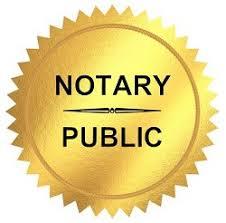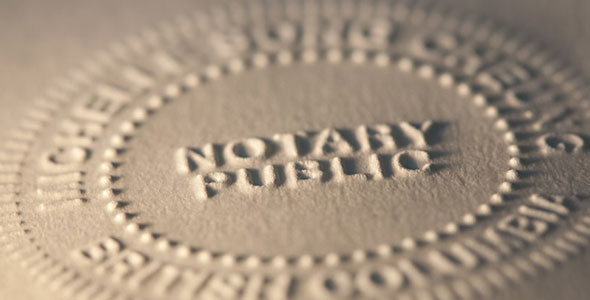Debunking Notarial Work: Streamlining the Role and Relevance of Notaries
Their role, frequently shrouded in mystery for many, carries significant weight in ensuring the legitimacy and honesty of critical documents. By unwinding the intricacies dropping and bordering notarial methods light on the value of their acts, a more clear understanding arises of the crucial function notaries play in maintaining the material of legal and legal contracts.
The History of Notarial Work
The history of notarial work dates back to ancient human beings, where scribes played a vital function in tape-recording important information and confirming files. This led to the development of notaries, people appointed by the state to act as unbiased witnesses in lawful matters.
During the Center Ages, notaries gained prominence in Europe, with their features expanding to include preparing lawful papers, accrediting trademarks, and preserving documents. The surge of international profession even more stressed the significance of notarial operate in validating contracts and contracts throughout borders.
In the modern period, notaries continue to play an essential function in legal and business transactions by confirming identifications, confirming the credibility of documents, and preventing scams. Their function in certifying the credibility of arrangements includes a layer of security and depend the ever-evolving landscape of commerce and legislation.

Responsibilities and Obligations of Notaries
Notaries play an important duty in verifying the credibility of papers and the identity of signatures. One of their main obligations is to witness the signing of vital records, such as deeds, agreements, and wills, to guarantee that all parties are getting in into agreements intentionally and voluntarily.
Additionally, notaries are tasked with administering vows and affirmations, which are essential in lawful proceedings and the implementation of affidavits. They accredit duplicates of original papers, providing guarantee to organizations that the copies are real reproductions of the originals. Notaries need to preserve exact documents of all purchases they oversee to guarantee transparency and responsibility. Generally, the tasks and duties of notaries are essential in guarding the integrity and validity of numerous records and purchases.
Notarial Certificates and Signatures
Exemplifying careful focus to information, notarial certificates and signatures act as necessary components in confirming the credibility of legal papers. Notarial certificates generally consist of vital details such as the day of registration, the names of the notaries, a description of the file, and the notary's official seal. These certificates offer a clear record of the notarial act, making sure that the paper can be conveniently recognized and traced back to the notary that managed the process.
Trademarks play an essential function in notarial work, as they indicate the contract and approval of the events entailed. Notaries carefully witness the finalizing Bonuses of records to confirm the identification of the signatories and validate that they are authorizing of their very own complimentary will. By fastening their official seal and signature to the file, notaries certify that the necessary treatments have actually been followed which the file is enforceable and valid.
Fundamentally, notarial certificates and trademarks are the hallmark of authenticity in legal purchases, offering assurance to all celebrations included that the records are reputable and binding.
Relevance of Notarial Acts

Registration Process Described
Describing the notarization process offers clearness on the crucial actions associated with validating legal files. The notarization procedure commonly begins with the private providing the paper to a notary public. The notary after that verifies the signer's identity with appropriate recognition methods. When the identification is validated, the notary ensures that the specific signing the paper does so willingly and with no browbeating.

Final Thought

Notarial certificates generally have important details such as the date of notarization, the names of the signatures, a description of the paper, and the notary's official seal. These certifications supply a clear document of the notarial act, ensuring that the document can be quickly determined and traced back to the notary that managed the process.
By attaching their main seal and trademark to the record, notaries license that the required procedures have been adhered to and that the paper is enforceable and legitimate.
By validating the identification of the signatures, confirming their willingness to enter into the agreement, and certifying the date and location of the signing, notaries play a crucial role in supporting the credibility of legal papers.After the paper is authorized, the notary will certainly affix their main seal or stamp onto the record.